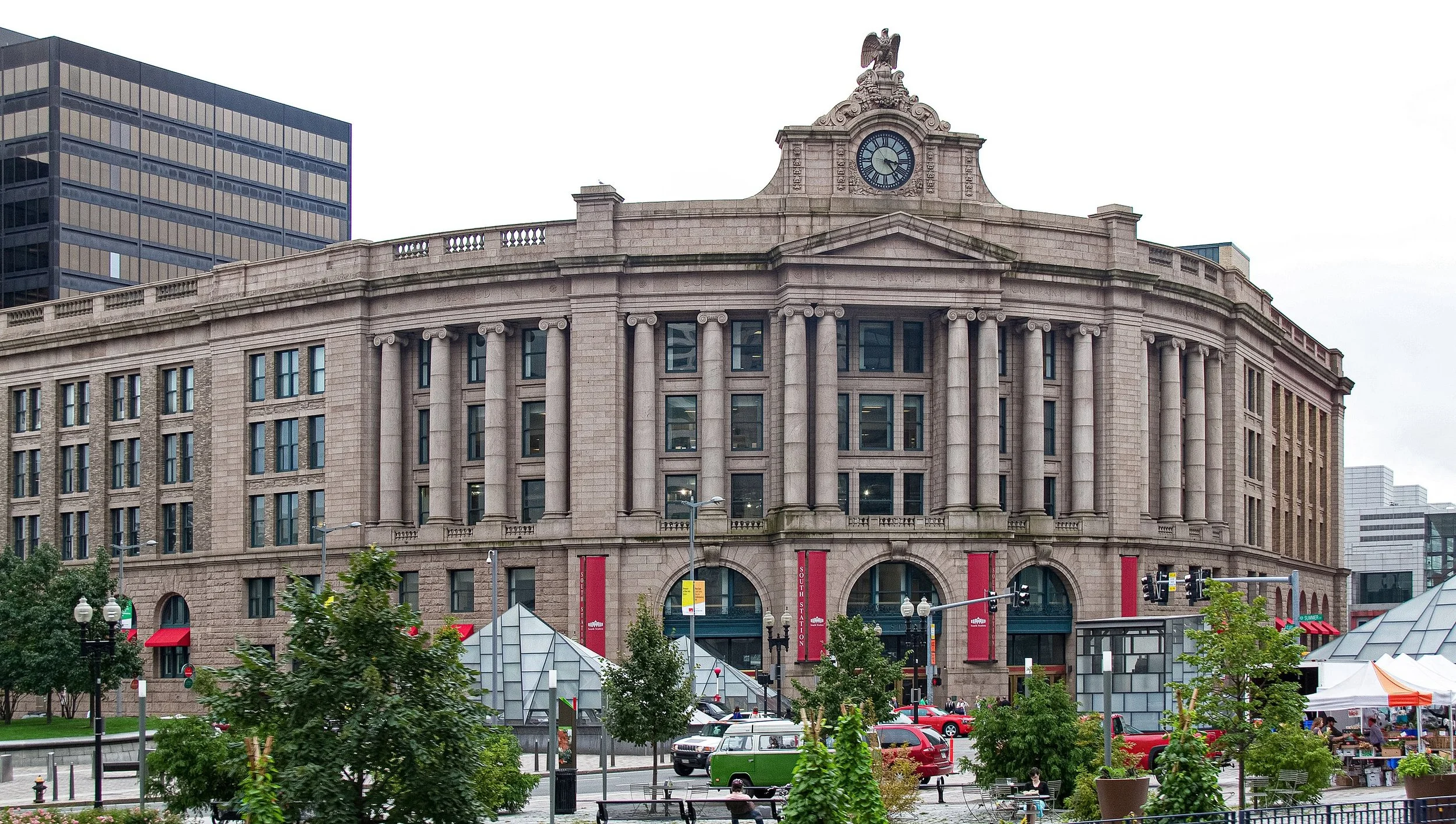News media have recently reported on the many people who have permanently given up looking for work. Among the causes cited: federal and some states’ generous disability programs, marriage’s decline, the aging population, the rise of the Internet and the Affordable Care Act.
I would add corporate short-termism, which leads companies to lay off people faster and to be more disinclined to share profits with lower-level employees in raises. Many ex-workers decide it isn’t worth working again. (And grifters game disability payments …)
Especially since the 1980s, senior executives have been heavily rewarded for quarter-to-quarter earnings gains with gigantic pay packages. When I worked for The Wall Street Journal, in the ’70s, the annual earnings report was the big thing; now it’s the quarterly one. Pension and other investment funds (including unions’!) have also pushed for short-term-profit maximization.
A wider view of corporate duties — such as lower-level employees’ compensation and the communities where the companies do business — has slipped in the priority list, especially in public companies. That chief executives tend to stay in their jobs only a few years encourages this by eroding loyalty to fellow employees.
And private-sector union membership has plunged, weakening a power to push companies to share their wealth more widely with non-executives and people without company stock. So while senior execs’ compensation may rise by double digits in a year, average workers are lucky if their raises reach the inflation rate.
Don’t expect any major share-the-wealth action by executives or owners or a higher federal minimum wage anytime soon.
But the large voting constituencies of these seemingly permanently jobless people make it unlikely that programs that help them avoid work will be slashed. Interestingly, their percentages are highest in the Tea Party regions, where complaints about “welfare’’ and the taxes to pay for it are most strident.
Many of the sort of people who 40 years ago would have been working will henceforth continue not contributing to America’s productive energy. Based on anecdotal reportage, most of these people seem pretty depressed and/or bored by their status.
I TOOK THE TRAIN the other week to and from Philadelphia. As I gazed out the window at the beautiful Long Island Sound marshes, I thought of how much of my life I have spent on trains, and how nice it is that we still have so many on the East Coast.
I remember the excitement of being in Pullman car sleeping compartments on trips to the Midwest to see relatives, and the train down to Tennessee to see family there. At every major stop, they’d bring aboard local newspapers. The attendants were almost entirely African-American; being a sleeping-car porter was the most reliable job that blacks could get then.
Then there were the rackety Old Colony Line commuter trains, with their itchy seat upholstery, from Boston’s South Shore to South Station — with the cars and the station dingy and reeking of cigarette and cigar smoke. Still, it was exciting to be put on a train alone as a little kid. And I began the habit of using the train time to figure out assorted issues and to catch up on sleep.
In school I often took a Budd Car train from Bridgeport to Waterbury, Conn., through a heavily polluted sort of Ruhr Valley industrial landscape (most of the factories are long closed now), after getting to Bridgeport from Boston on an old New Haven Railroad train where you could order a nice meal, with linen tablecloth, in a dining car, checking off your order on a card since inane union rules prohibited speaking the order to a waiter. They were remarkably relaxed about enforcing drinking-age rules.
Then I commuted on such innovations as the Metroliners between New York and Washington, and, for a time in the sexy TurboTrains on the Shoreline Route in New England. (They had an elevated section, like trains Out West.)
The Northeast Corridor trains are too often late, especially when they come from the south, the infrastructure way behind European and many East Asian trains and the eating accommodations mediocre. Still, you have much more space than increasingly unhealthy planes (whose ever tighter seating sets you up for a pulmonary embolism), buses and cars and a moving train’s rhythm is soothing, indeed soporific. Trains get you away from it all, even if you’re going to a job.
Robert Whitcomb (rwhitcomb51@gmail.com) is the overseer of New England Diary.


